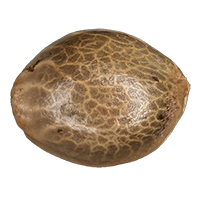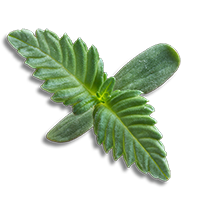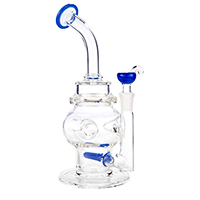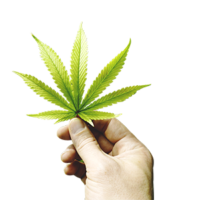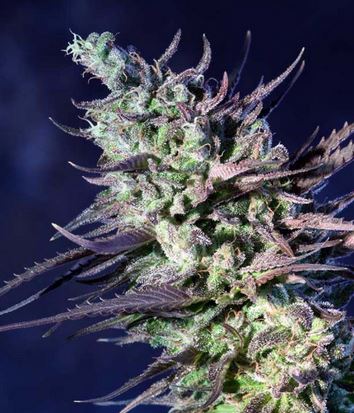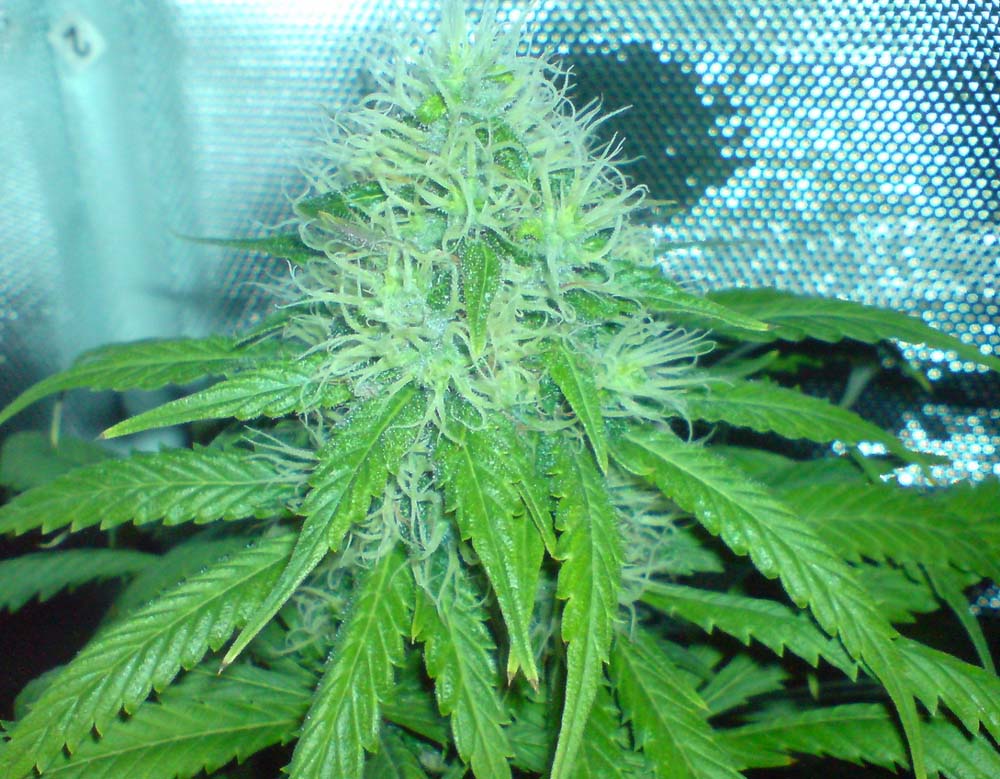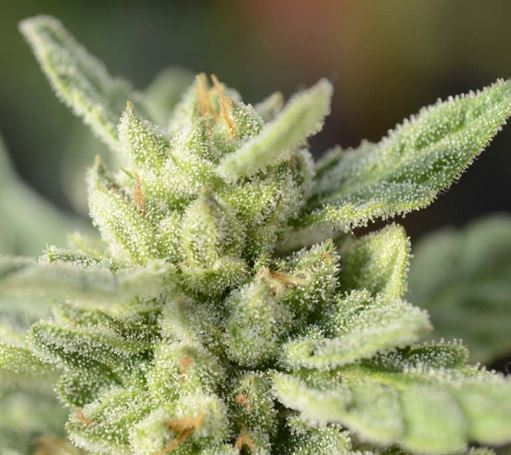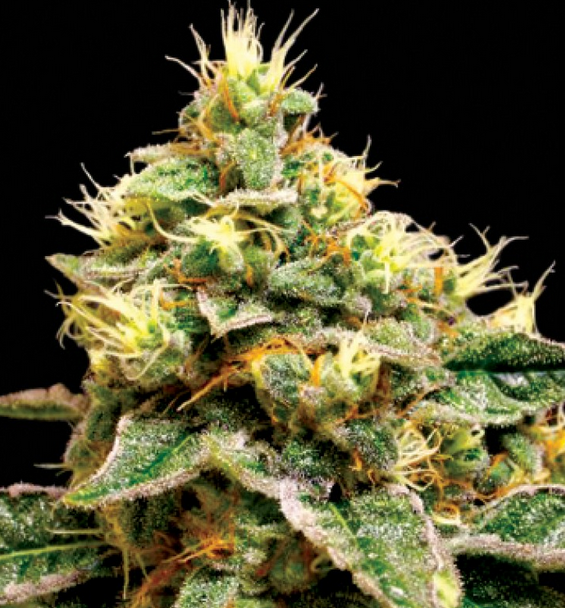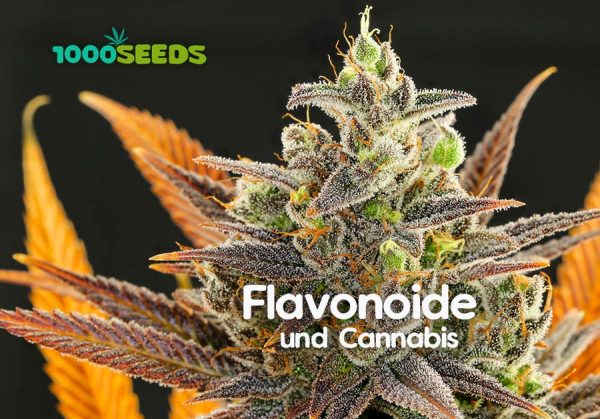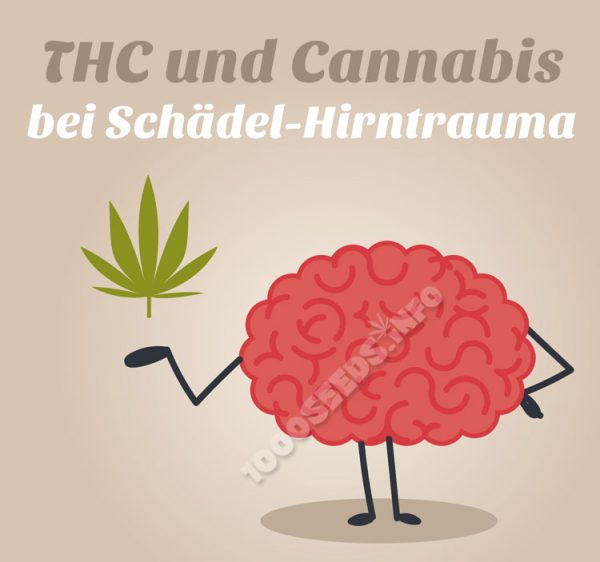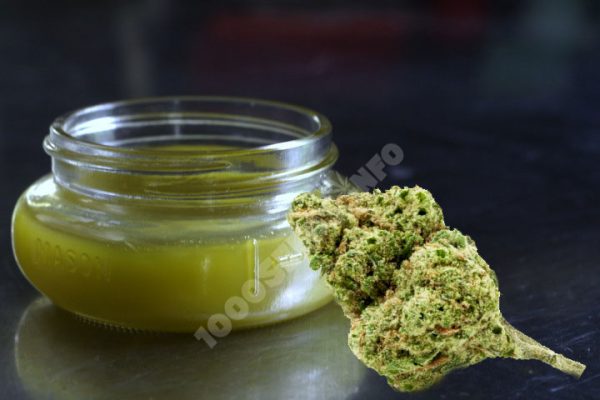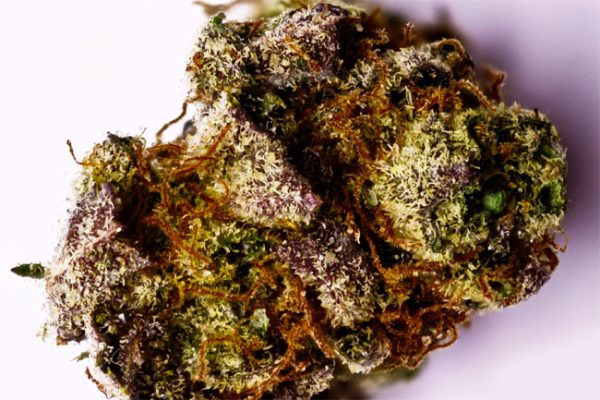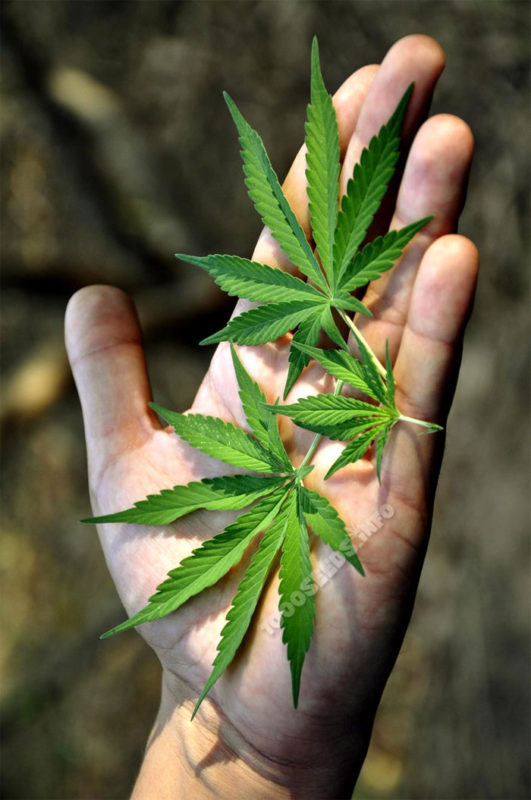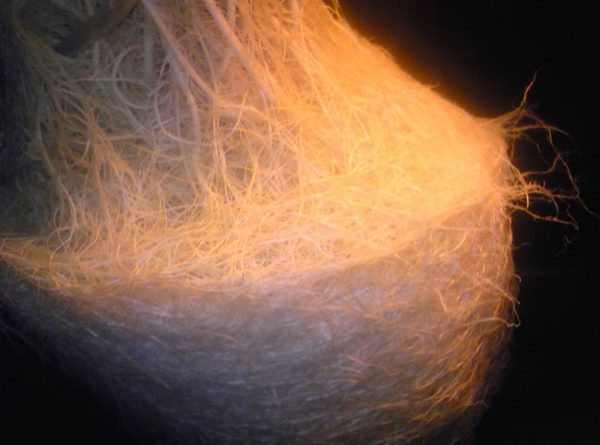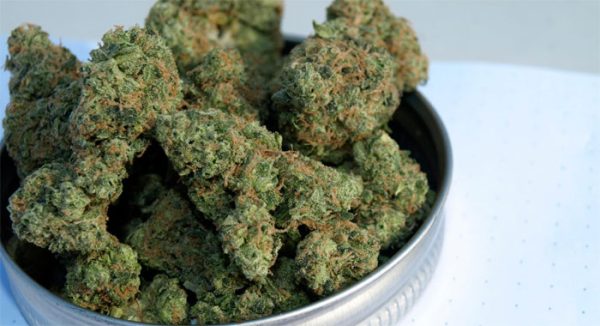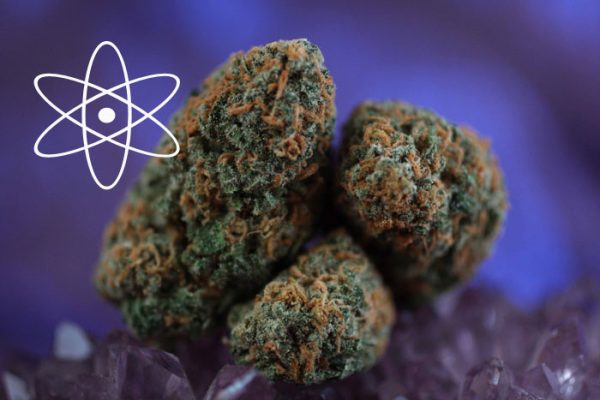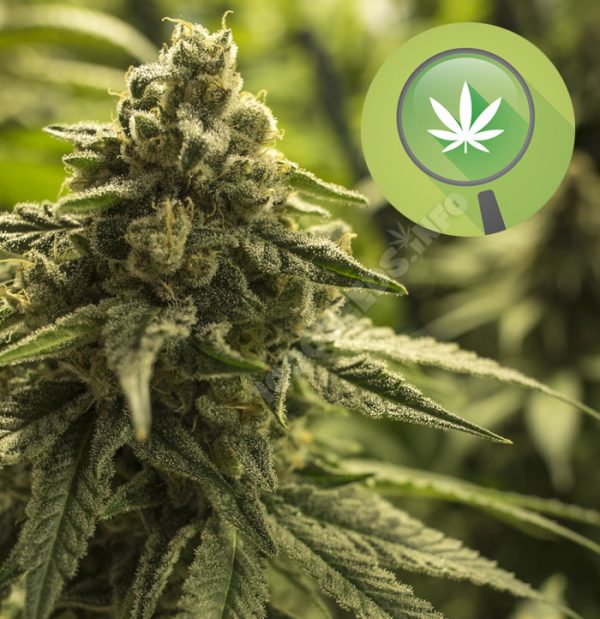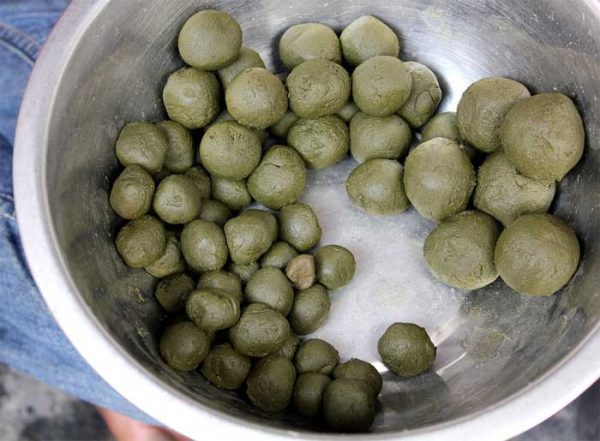Insomnia and marijuana

Insomnia, as the name suggests, is a disorder of sleep characterised by difficulty falling asleep, staying asleep, or both. Many cannabis users have found that marijuana can be very helpful for insomnia or other sleep-related problems. can be very helpful.
Symptoms of insomnia are:
- it is difficult to fall asleep
- Waking up during the night, difficulty falling asleep again
- Tiredness in the morning
- Sleepy during the day
- general fatigue
- Concentration difficulties
It is estimated that 30-50% of the general population have some signs of insomnia and about 10% suffer from insomnia that lasts for more than a month or more (chronic insomnia). Insomnia can affect people of all ages and genders, with statistically more women affected than men. Stress is a common cause of short-term insomnia. If short-term insomnia is not properly treated, it can also develop into a chronic sleep disorder. There are two different types of sleep disorders:
- Primary insomnia: The sleep problem has nothing to do with another health condition or problem.
- Secondary insomnia: The sleep disturbances occur due to an underlying cause, such as a health condition or medication.
Factors such as pain, anxiety or depression can be causes of sleep disorders. Many people suffer from the effects of sleep disorders and experience a significant impairment of their quality of life as a result. Sleep disorders are classically treated with sleep-promoting drugs and sedatives (benzodiazepines, barbiturates), which, however, must be viewed critically due to their diverse and far-reaching side effects (up to and including paradoxical effects and a high risk of dependence) and are therefore understandably often rejected by those affected. The desire for an alternative, harmless and effective treatment option is therefore very great among many people with sleep disorders.
Many patients report that the use of medical cannabis is very effective in reducing symptoms of insomnia. Many also state that they can treat their insomnia better with marijuana than they can with pharmaceutical medications. Scientifically, cannabis should be considered as an effective form of treatment for this condition. For THC, studies have shown that this cannabinoid has significant sleep-inducing effects. The body's endocannabinoid system, along with other neurobiological functions such as learning, memory, eating and pain perception, has a key function in sleep regulation.
To what extent can medical marijuana help treat sleep disorders?
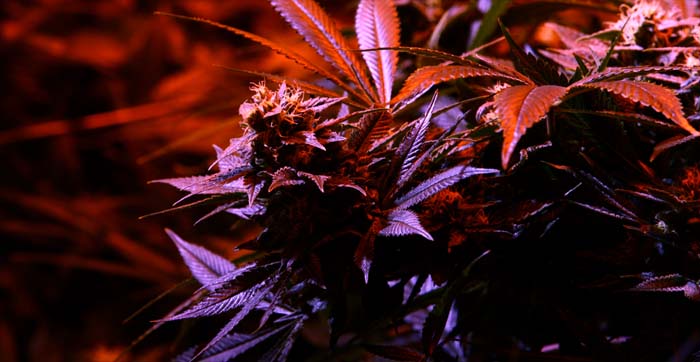
It is first important to understand how sleep works exactly. Every person's sleep can be divided into 4 stages and this results in the sleep cycle. During one night, the brain goes through these individual stages several times. REM (Rapid Eye Movement) sleep is the last stage of sleep and is best known to the general public. The brain is very active in REM sleep and this is when dreaming occurs. The first 3 stages of sleep are usually grouped under the category of NREM (Non-REM). These play a primary role in the restorative (restorative) effects of sleep. As it turns out, marijuana primarily affects the last stage of non-REM sleep (stage 3 sleep) as well as the REM phase of sleep by increasing stage 3 sleep and decreasing REM sleep. This seems to explain why many marijuana users report that they dream less. Experts believe that stage 3 sleep is the crucial stage for sleep problems. This also explains why marijuana can have benefits for those who lack sleep.
Besides the fact that marijuana causes a decrease in insomnia, cannabis also seems to have a number of positive effects on sleep. Many people therefore use cannabis before going to bed, because they have found that their sleep improves as a result. A variety of scientific papers on sleep & marijuana explain the reasons for this:
-
It makes it easier to fall asleep:
Earlier studies on marijuana and sleep have already shown that the main ingredient in cannabis, namely THC, is able to significantly shorten the time it takes to fall asleep, both for those affected by sleep disorders and for those not affected. This was scientifically proven in a small study from 1973 as well as in a study from 2013 (Baltimore, Maryland).
(Around-the-clock oral THC effects on sleep in male chronic daily cannabis smokers, The American Journal on Addictions Volume 22, Issue 5, pages 510-514, September/October 2013)
-
Longer sleep
Both CBD and THC can prolong sleep in general. In one study, increased THC levels were found to increase the amount of time spent asleep.
-
Sleep becomes deeper
Some interesting effects of cannabis include its influence on the sleep cycle. Various studies prove that THC can increase the amount of deep sleep a person experiences during sleep. This is especially helpful because these deep sleep phases are thought to play a large role in restorative processes in the body and mind. Experts believe that most of the disease-causing effects of sleep deprivation come from a lack of deep sleep phases. Studies have been able to prove that reduced deep sleep phases are linked to high blood pressure in men of advanced age.
(Effect of illicit recreational drugs upon sleep: cocaine, ecstasy and marijuana. Department of Psychiatry and Psychotherapy, Freiburg University Medical Center, Hauptstrasse 5, D-79104 Freiburg, Germany)
-
Shorter REM sleep phase
Marijuana also affects the sleep cycle by shortening the REM sleep phase. This is why many people who use cannabis before sleep report fewer dreams, which only occur in the REM sleep phase. A shortening of the REM sleep phase was and is often considered a negative effect of marijuana. However, scientists still do not know what purpose REM sleep really serves. When cannabis use is discontinued, a short-term increase in REM sleep, "REM rebound", is seen, which is associated with increased dreaming.
However, the effect of not dreaming can be particularly beneficial for people suffering from post-traumatic stress disorder.
-
Improved breathing
The medicinal use of cannabis can have an incredible benefit for about 25% of men and 9% of women who suffer from the condition sleep apnoea. Sleep apnoea is characterised by interrupted breathing during sleep and has been linked to other serious conditions such as diabetes and heart disease. Further research is currently being conducted in this context, but initial results already indicate that sufferers can benefit from treatment with marijuana, or THC, and achieve a significant improvement in symptoms:
Thus, animal data already suggest that Δ (9)-tetrahydrocannabinol (Δ (9) THC) stabilises autonomic progression during sleep, reduces spontaneous sleep-disordered breathing and reduces serotonin-induced exacerbation of sleep apnoea.
(Proof of concept trial of dronabinol in obstructive sleep apnea., Front Psychiatry. 2013 Jan, Department of Medicine, University of Illinois at Chicago Chicago, IL, USA).
From Science - Studies

Murillo-Rodriguez (2008) The role of the CB1 receptor in the regulation of sleep:
The administration of Delt9-THC promotes sleep. Activation of the CB1 receptor leads to an induction (stimulation) of sleep. A recent report published in October 2013 in the American Journal of Addiction gives revealing data on the relationship between the use of psychoactive cannabinoids, primarily delta9-tetrahydrocannabinol, and restful sleep. Higher concentrations of THC were found to be associated with less difficulty falling asleep and staying asleep.
In 2011, Professor Wendy Wismer (University of Alberta, Department of Agricultural, Food & Nutritional Science) was the lead researcher of a group of scientists who researched the effects of THC. It was found that the administration of THC has efficacy against insomnia, increased relaxation and improved sleep quality.
The cannabinoid CBD does not have a sedative or drowsy effect per se, but modulates waking by activating neurons in the hypotalamus and dorsal raphe nucleus (part of the central nervous system) and promotes wakefulness. (Murillo-Rodriguez E, et al. (1988). Cannabidiol, a constituent of Cannabis sativa, modulates sleep in rats. FEBS Letters . 2006;580(18):4337-4345.) However, CBD is significant for the treatment of sleep disorders in that it helps to eliminate muscle tension and stress, relieve pain and is effective in depression and anxiety. CBD thus creates the conditions for healthy sleep and easy falling asleep. Often, pain, anxiety and depressive moods are the cause of sleep problems.
In addition, the cannabinoid CBC enhances and increases the effects of THC. High CBC levels result in an even stronger relaxing and sedative effect. Therefore, THC-rich strains with some CBD content and a high CBC value are recommended to promote sleep. For medicinal use, varieties with sedative effects are recommended, i.e. those with a high CBC value. Indicas. Here are some strains that are particularly suitable for sleep disorders and that have a particularly sleep-promoting effect:
La Calma by Cannamed:
The effect of La Calma is indicatypical with 22% THC and 0.8% CBD, both physically and mentally calming, sedative and relaxing. It is excellent for relaxation and stress relief. In the medicinal field, La Calma is mainly used for insomnia, inner restlessness and asthma. A highly effective medicinal strain with extremely stable genetics.
Mendocino Purple Kush, Medical Seeds
The effect is characterised by a very strong, physically and mentally relaxing high. Consumed in higher doses, it has narcotic effects. It is used for pain therapy and sleep disorders as medicinal cannabis.
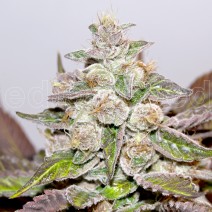
Blue Cheese from Barney's Farm
The effect is very strong, relaxing and pleasantly calming, just right for Indica fans. The THC content is a massive 20% (CBD 1.2%) and leaves nothing to be desired. Due to its sleep-inducing effect, it is especially popular for use against insomnia and restlessness.
Cannagetica Auto by Cannamed
Cannagetica Auto has a THC content of 23% and 2.0% CBD, 0.08% CBN and 0.5% CBG. Its effects are accordingly both physically and mentally calming and relaxing. It has an analgesic, anti-inflammatory and sleep-inducing effect and is therefore used to relieve chronic pain, inner restlessness and sleep disorders.
Confidential Cheese from Reserva Privada
This strain brings a powerful and relaxing high and is helpful in the medicinal treatment of pain, insomnia and eating disorders. It is a very resinous indica dominant strain with a lot of THC.
Hsiao YT, et al. (2012) . Effect of cannabidiol on sleep disruption induced by the repeated combination tests consisting of open field and elevated plus-maze in rats. Neuropharmacology. 2012;62(1):373-384.
Murillo-Rodriguez E. (2008). The role of the CB1 receptor in the regulation of sleep. Progress in Neuropsychopharmacology & Biological Psychiatry. 2008;32(6):1420-1427. Murillo-Rodriguez E, et al. (1988). Cannabidiol, a constituent of Cannabis sativa, modulates sleep in rats. FEBS Letters. 2006;580(18):4337-4345.

